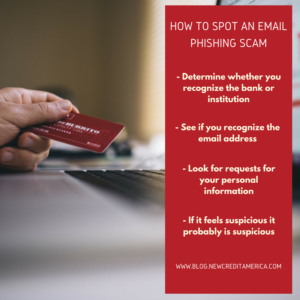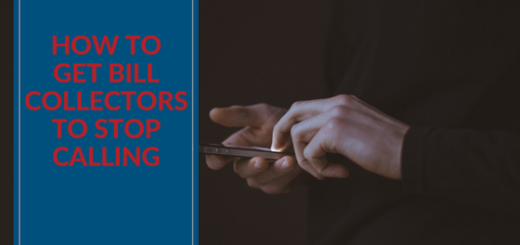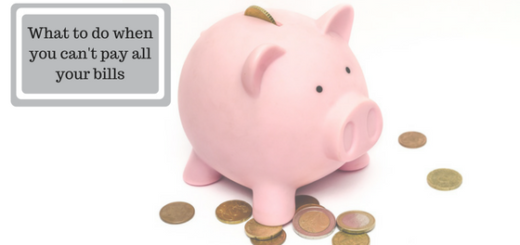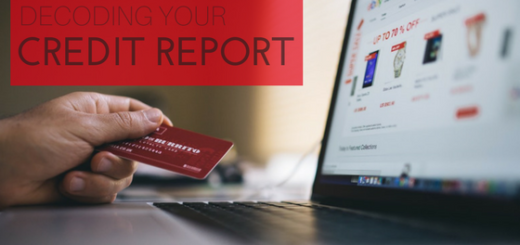Fraud, Scams and Data Breaches: How to Identify and Avoid Them
 In light of the recent data breach at Equifax affecting more than 143 million Americans, it’s hard to know who to trust—especially when it comes to your money. It often feels like there are only a few remaining companies who haven’t been the target of a large-scale data breach or scam. Is anything safe from fraud anymore?
In light of the recent data breach at Equifax affecting more than 143 million Americans, it’s hard to know who to trust—especially when it comes to your money. It often feels like there are only a few remaining companies who haven’t been the target of a large-scale data breach or scam. Is anything safe from fraud anymore?
The answer is yes—if you’re careful. While it’s virtually impossible to avoid widespread hacks like the one at Equifax, it’s helpful to know what to do next, and know how to avoid fraud and phishing scams.
What to do if someone steals your credit information
It can happen at the drop of a hat. Someone is making fraudulent charges on your behalf while your card is nestled safely in your wallet. It’s an unsettling feeling and can lead to some headaches. But, it’s not an unsolvable problem.
If your information was stolen, you may not realize it at first. But, if you see unauthorized purchases on your credit statement, or receive a notification that a place where you shop experienced a data breach, here’s what you do:
- Review your statement to see if there are any transactions you did not personally make
- Call your card issuer to report the theft.
- Report any fraudulent charges to your issuer to get them removed from your statement
- After your card issuer cancels your credit card, cut it up and throw it away.
- Continue monitoring your transactions across all your accounts for additional fraudulent charges
- Look at your credit report regularly to see if any new loans, credit cards or line of credit cards have been opened that you do not know about. If so, cal the lender listed on the credit report and ask them about the account listed
How to identify and avoid fraud and phishing scams
A phishing scam is an attempt to trick you into giving out your personal information (bank account numbers, passwords, credit card numbers, etc.) to a scammer. Phishing scams are very common these days, so much so that they can be difficult to spot. Plus, scammers are only getting better at scamming. Here a few things to ask yourself when you get an email from a financial institution.
Do you recognize the bank or financial services company? If you don’t have an account with this institution, don’t click on anything. If you’re curious about what they’re offering, pick up the phone and call them. Use the number that came with your account, either listed on the back of your card or on the company’s website instead of the phone number listed on the email you receive. Unfortunately, not every case will be that straightforward. If you do have an account with this institution, you’ll need to read everything very carefully before you click on anything. Sometimes scammers will misspell a word or give themselves away with poor grammar.
Is the email address one you’re familiar with? Scammers will try to imitate a company’s email address, but there are typically subtle differences. For example, emails from New Credit America will always use @ncaloans.com.
Is the email asking you to provide personal information? Reputable financial institutions will not ask you to provide any sensitive information over email. Again, if you have questions about what your lender or bank is asking you to do, call them!
Does the message just seem suspicious? Sometimes you can’t identify exactly why, but a message just doesn’t feel right. Trust your instincts! If it looks off or just too good to be true, you’re probably right.
—
It might feel like fraud is hard to avoid. But, if you’re vigilant and not afraid to ask questions, you’ll be able to steer clear. For questions about our practices and how we handle customer information, call our support team at (877) 373-2330.


